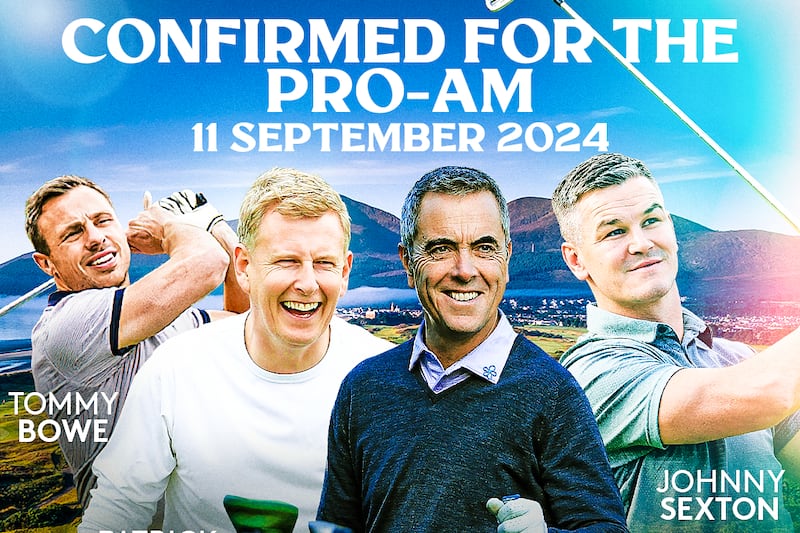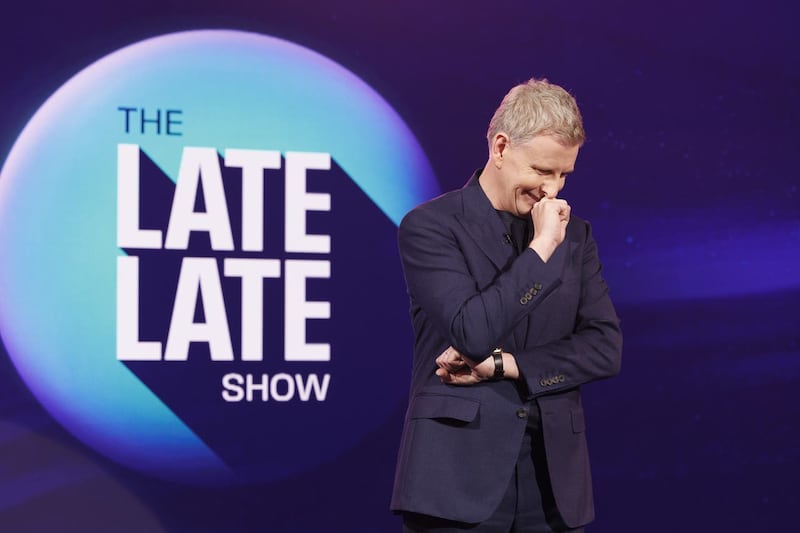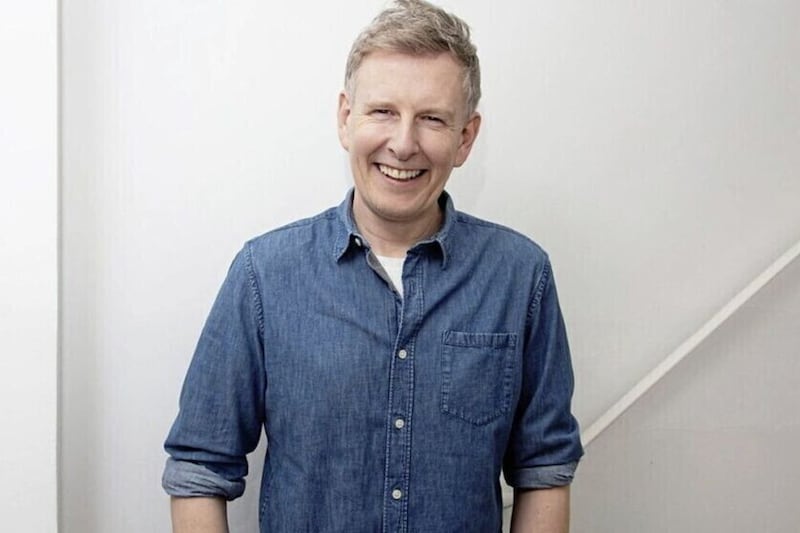DUP leader Arlene Foster has indicated that she would leave the country in the event of a united Ireland.
Mrs Foster was speaking on comedian Patrick Kielty's documentary My Dad, the Peace Deal and Me' was aired on BBC One last night.
The documentary marked 20 years since the Good Friday Agreement, in which he opened up about the loyalist murder of his father.
During the programme, Mr Kielty asked the former first minister: "If the majority did want to join the Republic of Ireland how would it feel to be a unionist, outside of the UK?"
She replied: "First of all I don't think it's going to happen. If it were to happen, I'm not sure that I would be able to continue to live here, I would feel so strongly about it.
"I would probably have to move."
When Mr Kielty asked Mrs Foster where she would move to, she replied: "Well that's the question. It's not going to happen so I don't have to worry about it anytime soon."
Alliance leader Naomi Long described Mrs Foster's comments as "sad but not entirely surprising".
Mrs Long said the DUP leader's response was "very honest" and reflected the need for reconciliation.
"It saddens me that someone would no longer consider this place their home because of the positioning of the border but it is also challenging because it reminds us how difficult it is for people here to see themselves as part of a shared society," she said.
Mr Kielty has said he believes Brexit will make people more likely to vote for a united Ireland.
The television presenter said that before the EU referendum he did not think there would be a united Ireland in his lifetime, but now "I think there is a chance".
Mr Kielty said "any type of border – be it technological, invisible" will likely increase support for unification.
Mr Kielty (47) admitted he was worried about the prospect of a hard border when the UK leaves the European Union.
"I really feel that one of the pieces of magic of the Good Friday Agreement was that it said to nationalists, actually, there is no border," he told BBC Radio Ulster's Nolan Show.
Mr Kielty said the "middle ground is going to decide" in any future referendum on a united Ireland.
"It's not going to come tomorrow, it's not going to come maybe even in 10 years' time, but when it does, it's going to be like Brexit. It's not going to be the people that feel really strongly about it on each side that will decide. It's going to be the middle ground," he said.
"And I feel that any type of border – be it technological, invisible – the mental aspect of that border coming for a lot of that middle-ground nationalist population, I think that means they will be more likely to want to join to the Republic of Ireland."
Asked if he believed he would see a united Ireland in his lifetime, he said: "Who knows how long I'm going to live, but I feel that before Brexit I would have said no. I think there is a chance."
He added: "If you're on the unionist side, in order to preserve the union, you're going to have to make Northern Ireland feel a bit more Irish, ironically - that's what you're going to have to do in order to make those moderate nationalists feel happy within Northern Ireland.
"And conversely, I don't believe that people on the republican side have any idea how they intend to welcome unionists into what they want as a united Ireland."
Mr Kielty was 16 when his father Jack, a businessman and prominent GAA member, was shot dead by the UFF in 1988.
In My Dad, The Peace Deal and Me, broadcast on BBC One last night, Mr Kielty told how the IRA offered "revenge" for the murder, but his family rejected this "in no uncertain terms".
In 1998, Mr Kielty along with the majority of the north's population voted in favour of the Good Friday Agreement.
While it brought the potential of a new society built on reconciliation, it also meant those convicted over his father's death would be released from prison.
Mr Kielty said: "Even though my dad's killers were released as part of the process, I welcomed the deal as it promised an end to violence once and for all."
In filming the documentary, he said he wanted to "re-examine what we signed up for – what its legacy has really been for future generations, and if it can survive the gathering storms".







